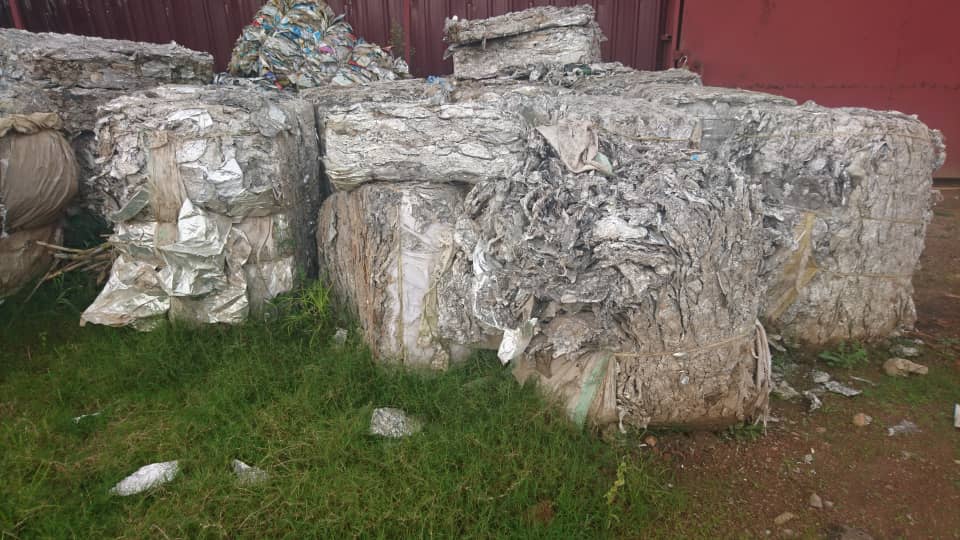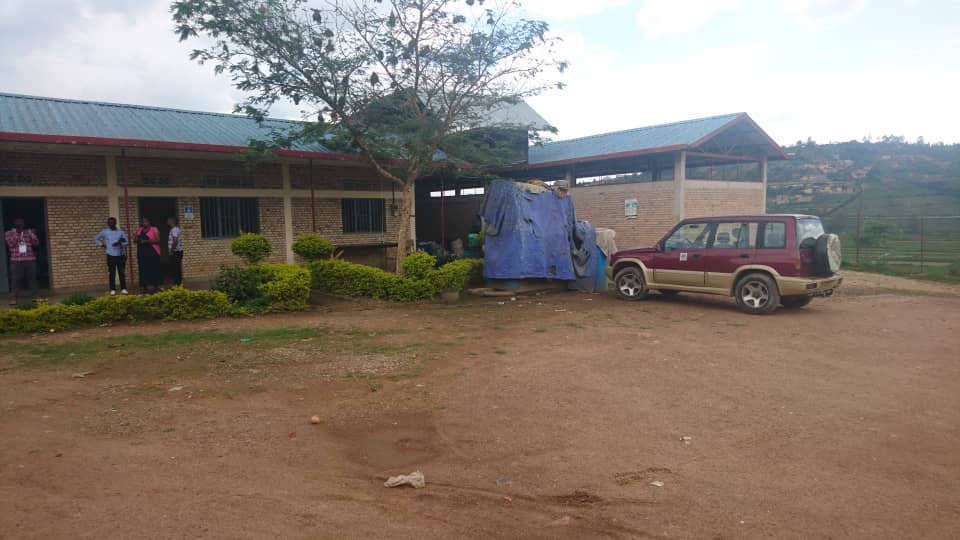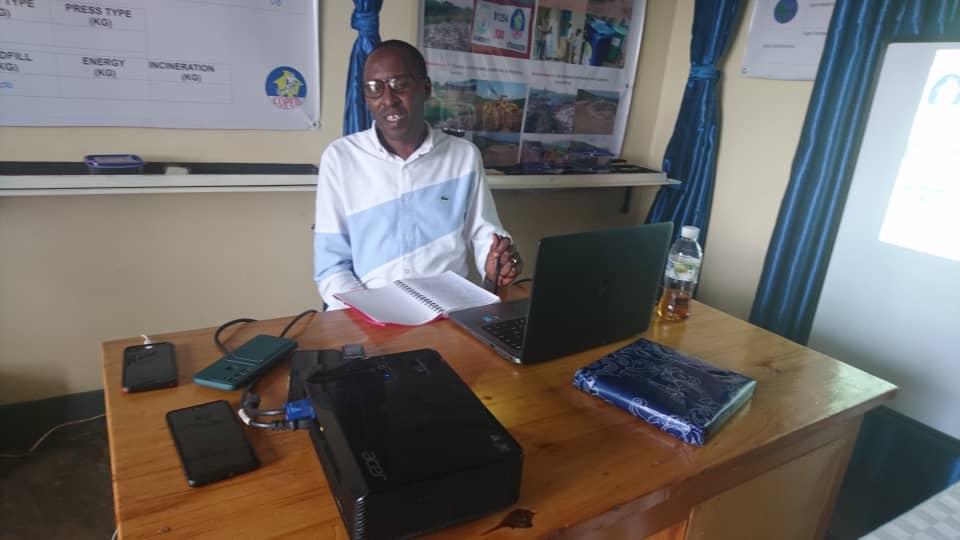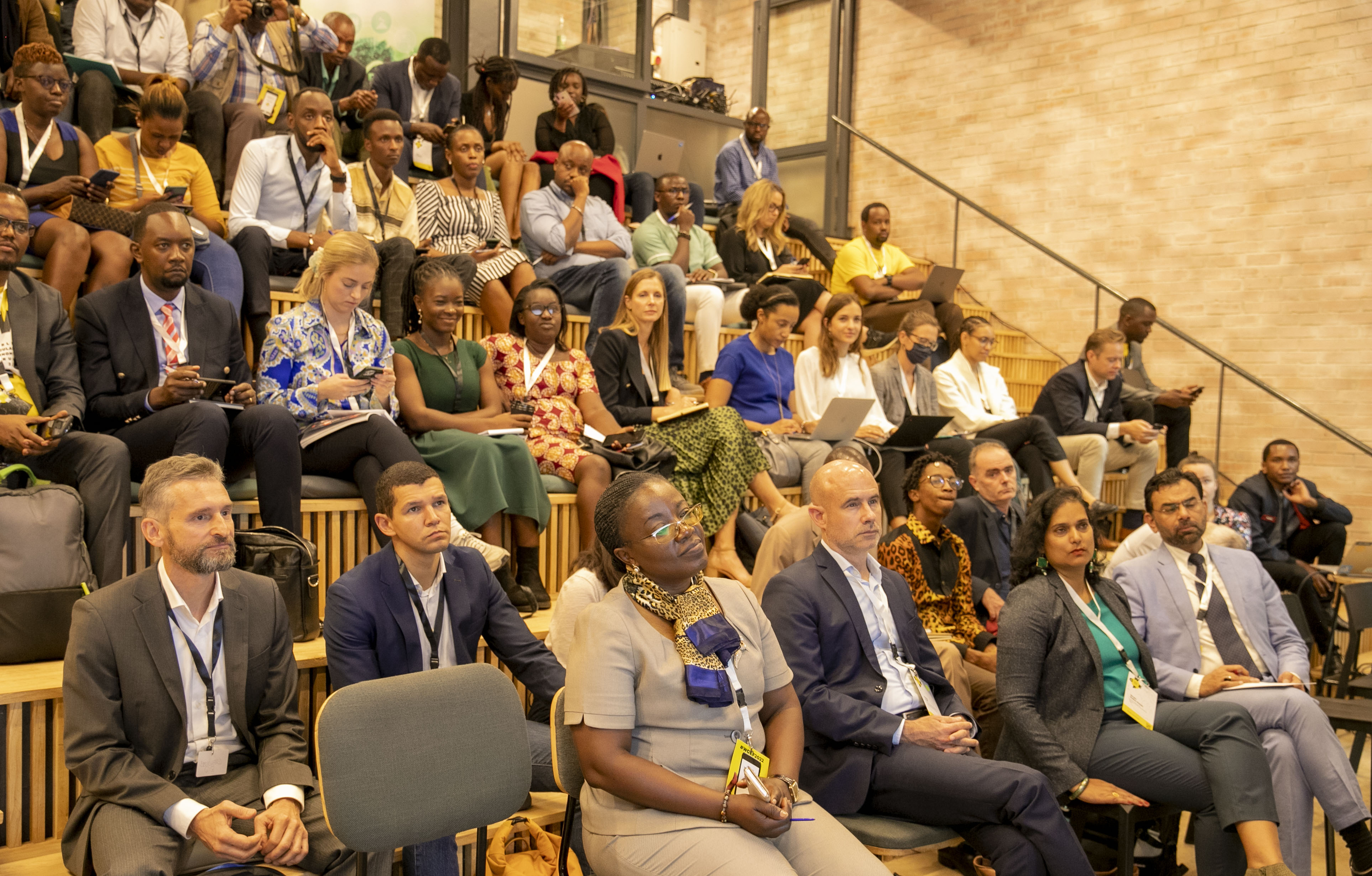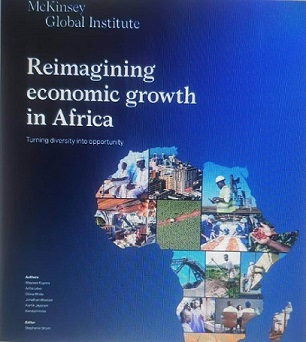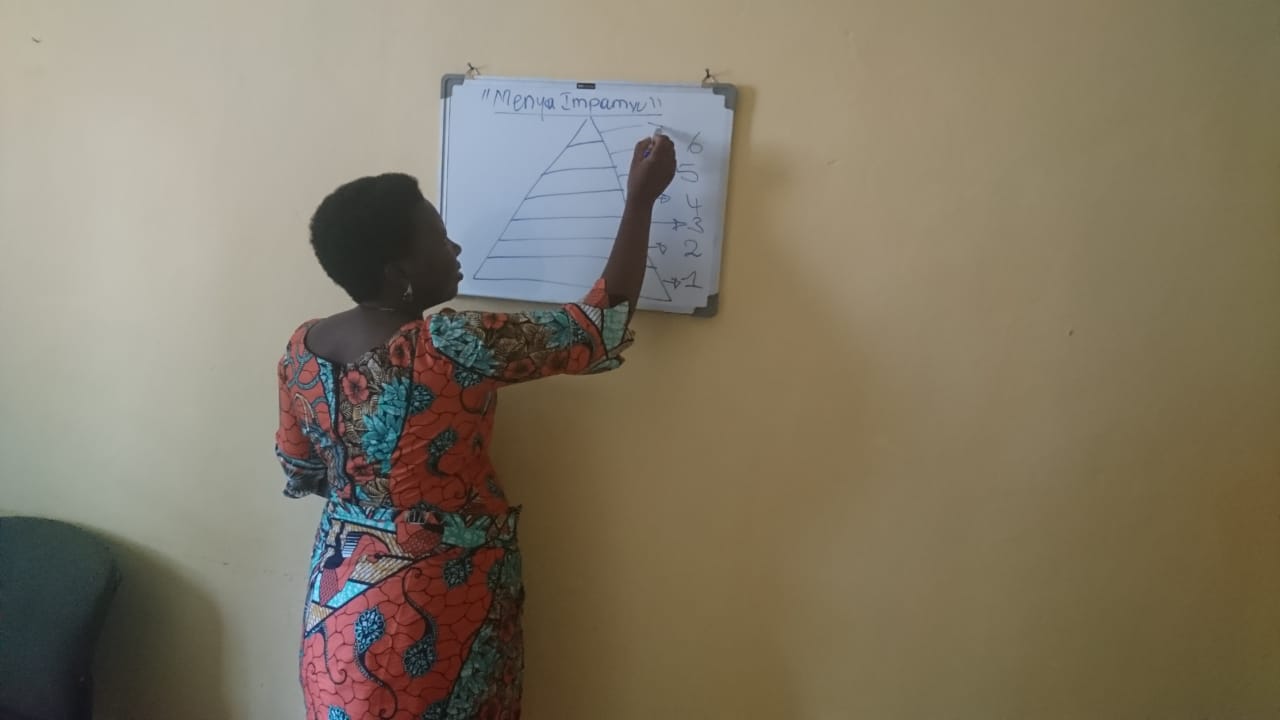By Basanda Ns Oswald
The people still have the problem of understanding the waste that is biodegradable, non-biodegradable and dangerous, where in homes, restaurants and hotels, hospitals, and industries, they do not understand how to distinguish them, which endangers the environment including humanity, because the air is polluted and affects many people.
Buregeya Paulin, a COPED expert in the environment and the Director of the Agency for Environmental Protection and Development () said that not knowing how to distinguish hazardous waste is a problem, because of the lack of understanding, waste pickers are told wrongly where they are going to take it, saying that they are the ones who should be paid distinguish it.
He said, "We still don't see a waste factory, waste should be prioritized, people should be taught how to do it, the problem of waste management should be discussed, and they should know how to differentiate between rotten, non-decomposable and dangerous."
The international conference held in Kigali on December 06-07, 2022 for the first time in Africa and the 6th time in the world, regarding economic recovery, concluded that the countries of the world should make efforts and programs aimed at not interfering the garbage should be separated, in order to start another one, they asked those who create the garbage and how it will be done.
Mujawamariya Jeanne d’Arc Mujawamariya Minister of Environment said, "Don't waste anything, but use it instead of producing it. We cut plastic in 2008. Rwanda officially cut single-use plastic in 2019. We want Rwanda to be clean and healthy, it requires everyone's will."
Hospitals are one of the places where there are hazardous wastes such as needles, medical equipment, expired medicines, leftover food that can cause the patient to get sick. In paint factories where hazardous waste (chemical products) can be produced in foreign countries, including acids, he says, "it burns you." These hazardous materials should be incinerated and the ashes disposed of at the concrete site to await the results of the test.
Hazardous waste can also be found in offices where you will find broken light bulbs, unused computers, batteries, broken glass that is often cut off by garbage collectors, old radios, and people who throw them around the house. in the field or they throw it in the toilet, because until now there is no way to remove it.
You also find materials such as pampex that are kept by children as well as other materials that they often use in recreational facilities, including hazardous waste that affects people and the environment with respiratory diseases, causing air pollution due to ignorance and ignorance.
Environmental expert Buregeya Paulin finds that the goal set by the government is that in 2024, the city of Kigali, like other cities, will meet 80% that it can be processed, improved or renewed (recycled) in terms of waste management, where the segregation of waste will no longer be a problem. Toilets have the capacity of machines to clean themselves, water does not cause a problem where it would cause danger due to broken pipes, due to poor management, because it is also included in the 17 goals of the millennium, where everyone should read and write by 2024.
Mass training would be one of the solutions
The training is one of the things that can bring about change and give results, where there are road workers, people responsible for waste collection and sorting at the disposal site, vocational students from TVET School, IPRC students have been given lessons and training on how to manage waste. It would be one of the solutions in waste management.
Buregeya said that "Training of street cleaners, garbage collectors and processors, who are trained for 3 months and given a certificate, would be one of the solutions in processing and sorting hazardous, biodegradable and non-perishable waste".
Information Technology (ICT) is important in waste management
What experts in waste management ask the private sector's role, also as the major numbers of people who participate and those who don't, so that requires those in charge to do it in the form of technology (ICT Data, located in a smart system) that technology helps to identify people who use bags Green bags contain biodegradable waste, blue bags contain non-biodegradable waste and potentially hazardous waste.
Media is important in waste management
"Journalists are an all-seeing eye", they should be included in the waste management protection program, they should be involved in highlighting and reporting where implementation is still a challenge.
Coordination between journalists, companies that have to implement waste management and the State, so that the citizen can clearly understand the discrimination of hazardous, decomposable and non-perishable waste, so that the citizen can have a healthy life.
